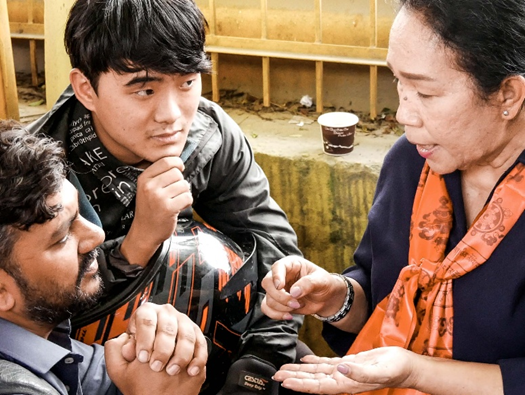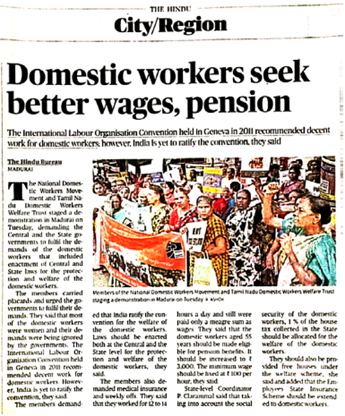Continental Advocacy: 174 people (62 women, and 20 young) from 115 CSOs were mobilized and participated in the actions at the Continental and National level of the Network to promote social protection for all, as one of the pillars of the decent work.
Two position papers on Global Accelerator on Jobs and Social protection for Just Transition and Social security for digital platform workers were produced by the Network and presented to stakeholders/ authorities at national / continental bodies.
Continental Learning: 96 people (34 women, 14 young) from 72 CSOs, members of the Continental Network were strengthened through Learning and Exchanges of experiences and knowledge on the rights to social protection within the framework of the network and in Synergy with other relevant actors. These initiatives consider gender inequalities, environmental challenges, and adaptive social protection.
What is the impact INSP!R Asia contributed to:
Between 2022 - 2024, INSP!R Asia lobbied for 7 proposals regulations, contributing to the approval of four which would benefit 175M people (47% women and 40% under 35 years). These are:
- Safety & Health as a Fundamental Right (2022) – Led a webinar, advocacy drive, and publication that helped secure adoption of “a safe and healthy working environment” as the 5th Fundamental Principle and Right at Work at the 110th International Labour Conference, triggering consequential changes to the ILO Declaration on Social Justice for a Fair Globalization and the Global Jobs Pact.
- Social Protection Commitments in the G20 Bali Leaders’ Declaration (2022) – Actively represented labour and civil society voices in the L20 and C20 tracks, shaping the L20 Statement and C20 Policy Pack that were reflected in paragraph 41 of the G20 Bali Leaders’ Declaration, where leaders pledged a human centred, inclusive, and just approach to decent work and universal social protection by 2030.
- Challenged Indonesia’s Job Creation “Omnibus” Law (2023 24) – Secured placement of Indonesia’s Job Creation Law on the ILO Committee on the Application of Standards shortlist for discussion under Convention 98; the CAS adopted strong conclusions (p. 47) that, together with sustained campaigning, prompted Indonesia’s Constitutional Court to mandate reform of the labour law.
- UN Global Accelerator on Jobs & Social Protection (2024) – Mobilized partner organizations in Pathfinder countries and coordinated advocacy that ensured social protection measures were written into each country’s National Road map under the UN Global Accelerator for a Just Transition.























